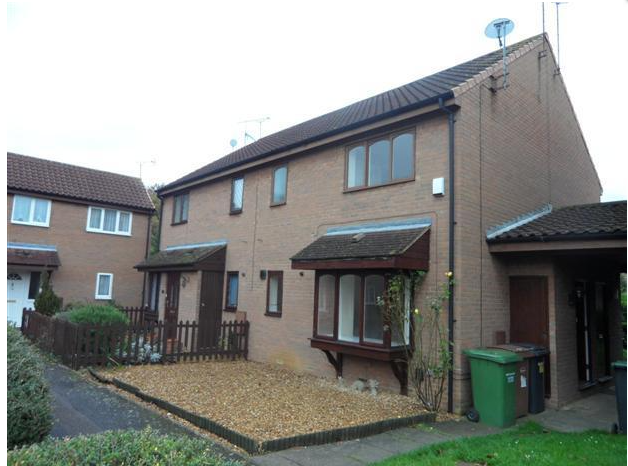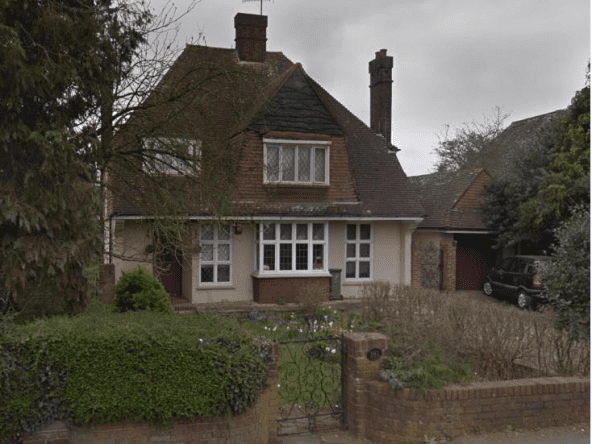Property valuation is a crucial step in the real estate process, whether you’re buying, selling, refinancing, or just curious about the value of your property. The value of a property is determined by a variety of factors that contribute to its market worth. Let’s delve into some key factors that influence property valuation.
1. Location
Location is one of the most significant factors affecting property value. Proximity to amenities like schools, shopping centers, parks, and transportation hubs can significantly increase a property’s desirability and value.
2. Size and Layout
The size of the property, including both the land and the building, plays a vital role in valuation. The layout, number of bedrooms, bathrooms, and the overall functional design of the property also contribute to its value.
3. Condition
The condition of a property, both inside and out, has a direct impact on its value. Well-maintained properties generally command higher prices, while properties requiring extensive repairs may have a lower valuation.
4. Age and Upgrades
Older properties might have lower valuations compared to newer ones, but renovations and upgrades can mitigate this. Upgrades like modern kitchens, bathrooms, energy-efficient features, and smart home technologies can increase a property’s value.
5. Comparable Sales
Comparative Market Analysis (CMA) involves looking at recent sales of similar properties in the area to determine a property’s value. These comparable sales give a sense of how the market values similar properties.
6. Economic Factors
The overall economic conditions of the local area, city, and country can influence property values. Factors like job opportunities, economic growth, and interest rates can impact real estate values.
7. Supply and Demand
The balance between the supply of available properties and the demand from buyers can affect property values. In a seller’s market with high demand and low supply, property values tend to rise.
8. Zoning and Regulations
Zoning regulations, land use, and any restrictions on the property can influence its value. Properties with favorable zoning for development or specific purposes might have higher valuations.
9. Neighborhood Trends
The trends in the neighborhood, including changes in property values, crime rates, and overall development, can impact property valuation. Gentrification, revitalization efforts, or decline in the area can all influence values.
10. Historical Sales Data
Historical sales data can provide insights into how a property’s value has changed over time. This information can help predict potential future trends in property valuation.
Free Property Valuation in Luton
Understanding these factors can give you a clearer picture of how property valuation works. As a leading letting agents working with both landlords and tenants across the midlands, we offer free property valuation in Luton, Bedford and beyond!
While an automated online estimate can provide a rough estimate, consulting with a professional appraiser or real estate agent who understands these nuances is essential for an accurate valuation. By considering these factors, you can make informed decisions whether you’re buying, selling, or simply curious about the value of your property.




